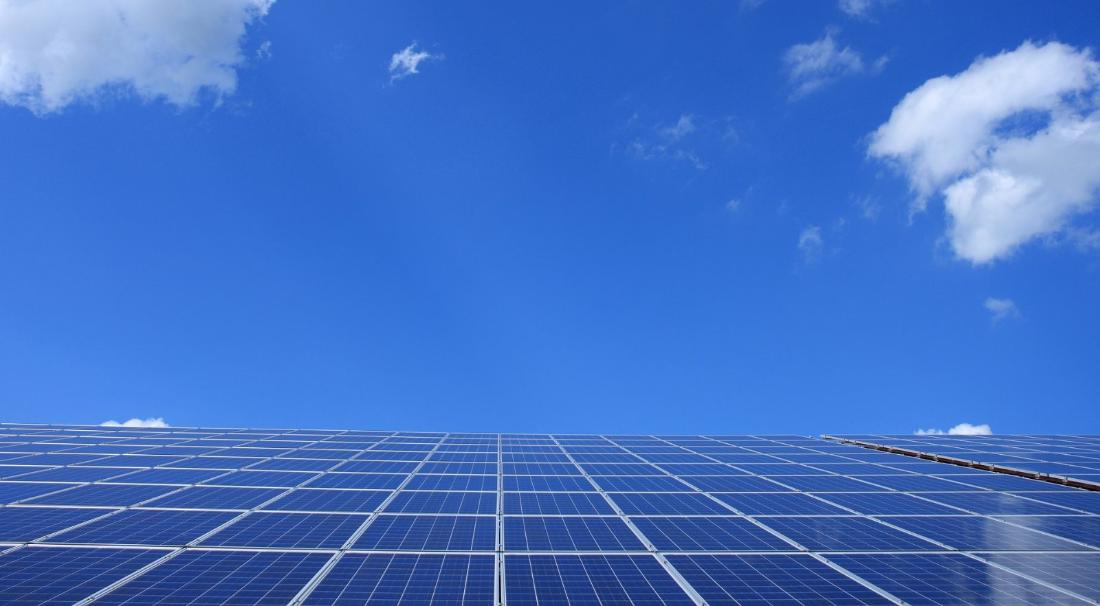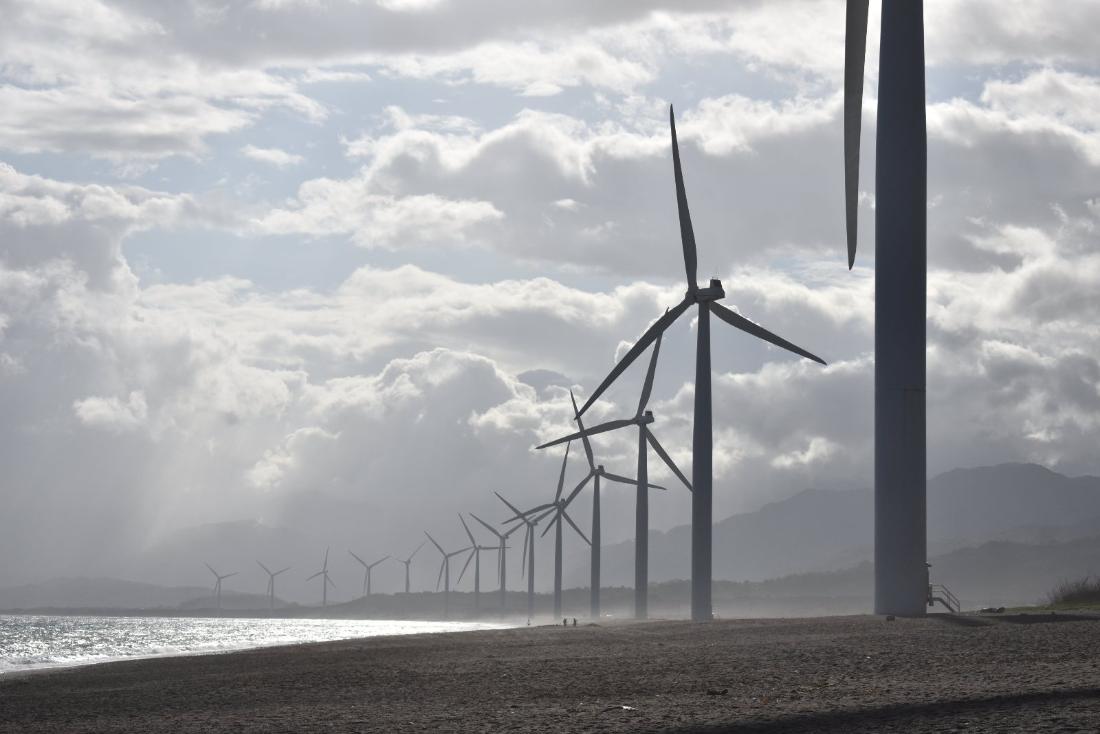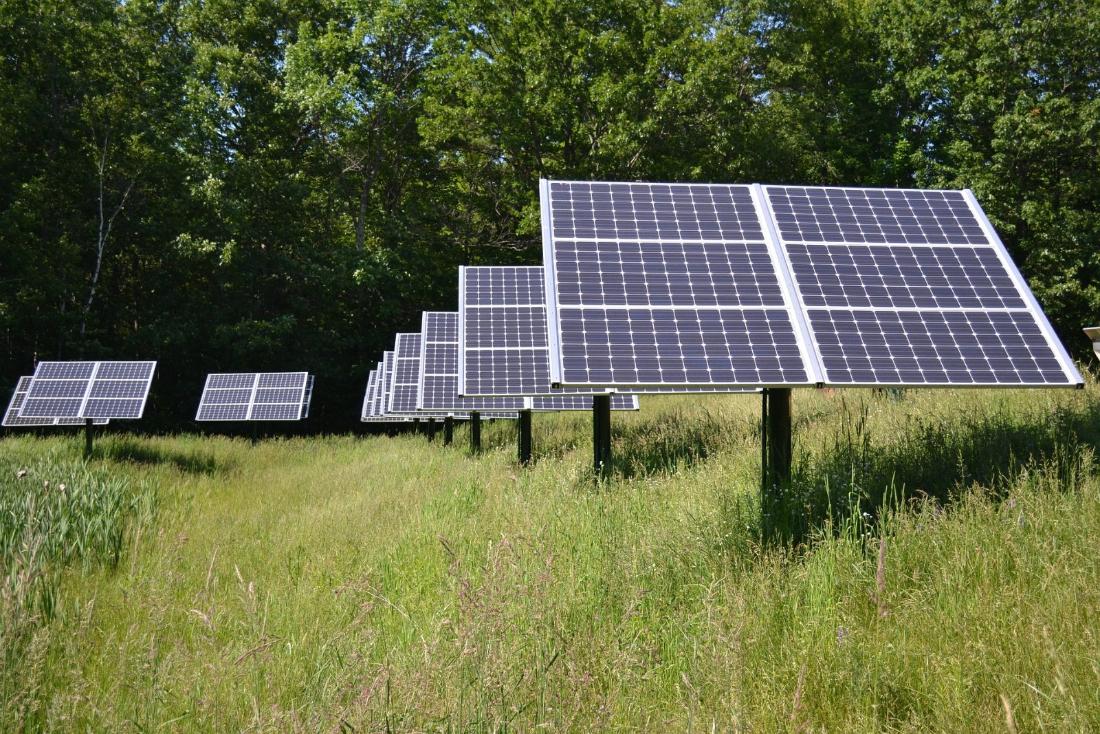Renewable Energy
Embracing a Sustainable Future
Feb 20 2024
The global quest for a sustainable and environmentally conscious future has led to an unprecedented surge in the adoption of renewable energy sources. This article explores the pivotal role of renewable energy in revolutionizing the way we generate power and the profound impact it has on mitigating climate change.
Harnessing the Power of Nature:
Renewable energy derives from sources that are naturally replenished, such as sunlight, wind, rain, tides, and geothermal heat. Unlike finite fossil fuels, renewable energy harnesses the power of nature, offering a clean and inexhaustible alternative to traditional energy sources. Solar panels, wind turbines, hydroelectric dams, and geothermal plants have become symbols of a new era in energy production, transforming landscapes and powering communities with minimal environmental impact.
A Global Shift Towards Clean Energy:
Countries worldwide are recognizing the urgency of transitioning to clean energy systems. Governments, businesses, and individuals are investing heavily in renewable energy infrastructure, realizing not only the environmental benefits but also the economic advantages. The shift towards renewables not only reduces greenhouse gas emissions but also enhances energy security, creates jobs, and fosters technological innovation. As costs continue to decline, renewable energy is becoming increasingly accessible and economically viable, paving the way for a more sustainable and resilient global energy landscape.
Breaking Down Barriers:
The renewable energy revolution is breaking down traditional barriers in the energy sector. Decentralized energy production, enabled by rooftop solar panels and small-scale wind turbines, is empowering individuals and communities to take control of their energy consumption. Energy storage technologies, such as advanced batteries, are addressing the intermittent nature of some renewable sources, ensuring a reliable and continuous power supply. These advancements mark a significant departure from centralized, fossil fuel-dependent models, ushering in an era of democratized and decentralized energy production.
Challenges and Future Outlook:
While the rise of renewable energy is promising, challenges remain. The intermittent nature of some renewable sources requires advancements in energy storage and grid technology. Additionally, the transition away from fossil fuels demands comprehensive policy frameworks, financial incentives, and international cooperation. Despite these challenges, the momentum towards a renewable energy future is unstoppable. As technology continues to evolve, and global commitment strengthens, renewable energy stands poised to reshape the world's energy landscape, offering a sustainable path towards a cleaner, greener, and more resilient future.
Photo Credit: Media from befunky




